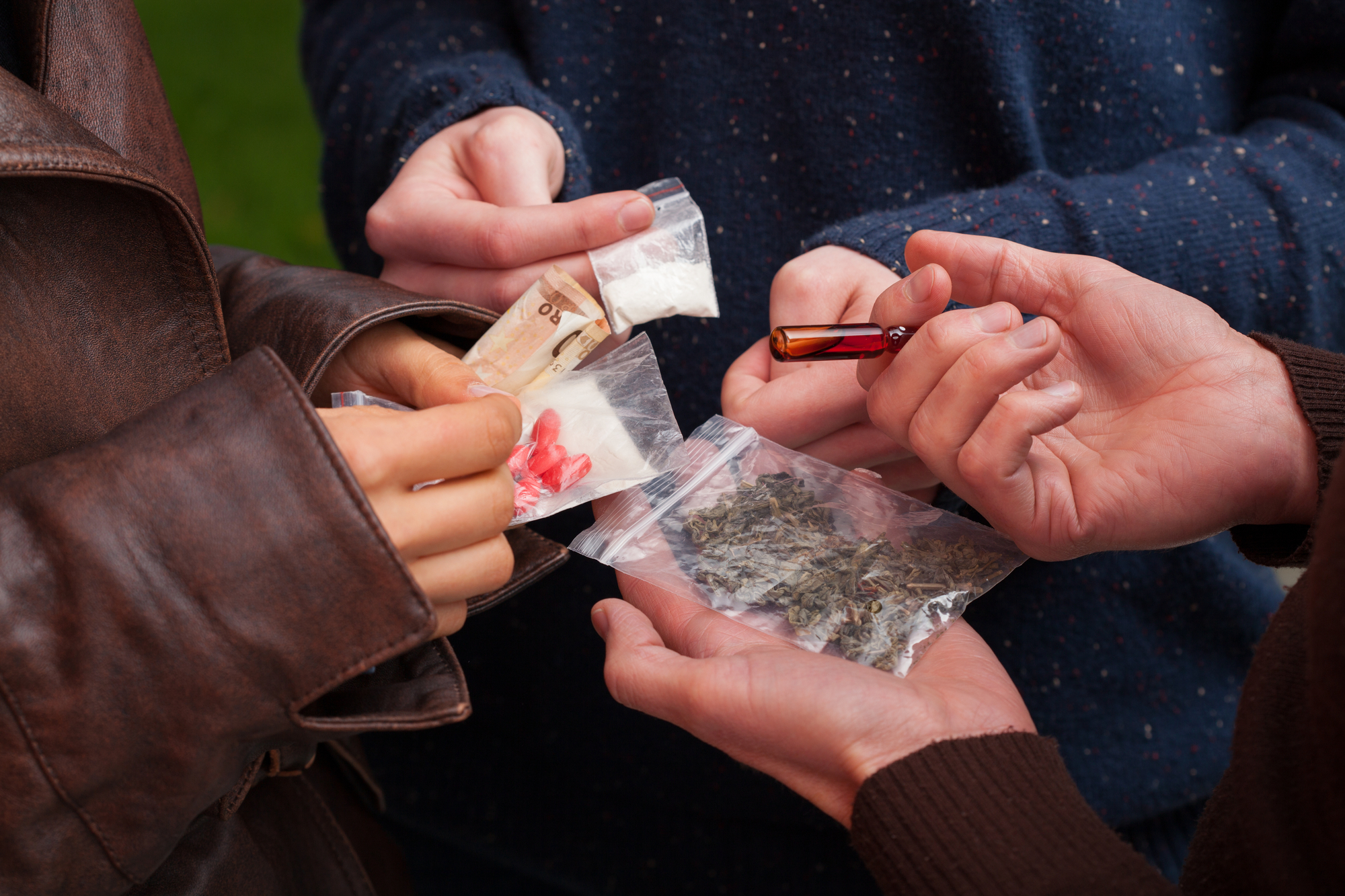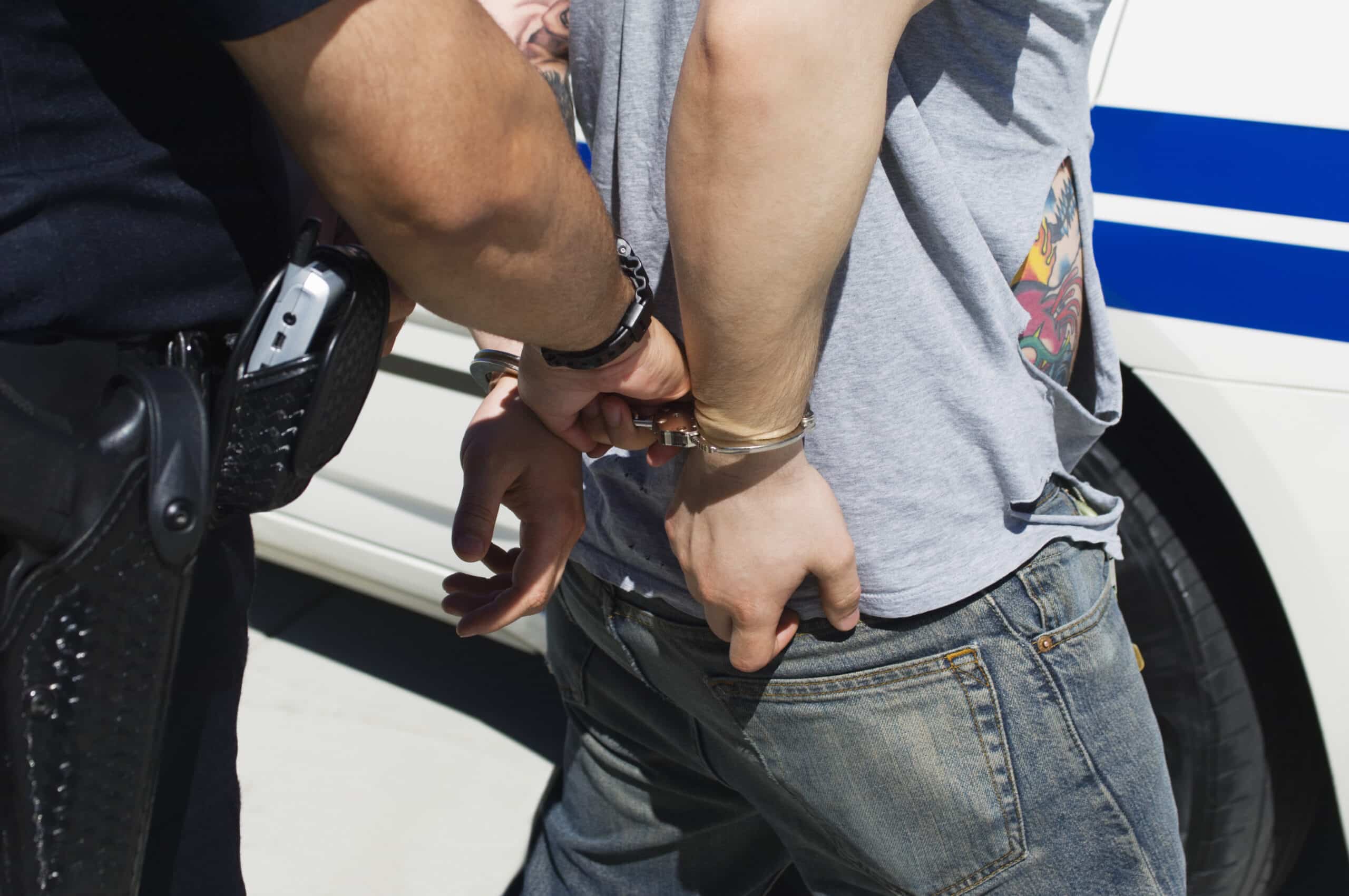Law enforcement agencies use dogs for a number of reasons. They sometimes use them to track down criminals, while in other instances, dogs are used to sniff out bombs. The most common reason dogs are used by law enforcement, though, is to sniff out illicit substances, such as drugs. If you have been charged with a crime and a drug-sniffing dog was used, you may wonder just how accurate these animals are in police investigations. Our Ouachita Parish drug crime lawyer explains when these dogs may be used by law enforcement, and how accurate they are.
When Does Law Enforcement Use Drug-Sniffing Dogs?
Law enforcement agencies most commonly use drug-sniffing dogs during traffic stops. A police officer may have a dog smell around a vehicle looking for the presence of drugs. If the dog shows a positive indication that the vehicle contains drugs, the police officer can then search the vehicle without a warrant. An indication by an animal that there are drugs in the vehicle is enough to give the officer probable cause needed to conduct a search without a warrant.
When an officer does not have probable cause and they conduct a search anyway, it is a violation of a person’s Fourth Amendment rights. Using a drug-sniffing dog can allow police officers to get around this requirement, particularly because civilians may not know when an animal gives a positive indication. Dogs can also be trained to give a false positive indication.
Drug-sniffing dogs are also often used in schools when principals and other authorities want to know if there is a presence of drugs on the property. For example, a dog may be able to sniff the exterior of lockers and show a positive indication that a specific one contains drugs.
How Accurate are Drug-Sniffing Dogs?
Dogs used to sniff out drugs can be very accurate, but the accuracy depends on a number of different elements. The handler’s expertise, the training the dog received, the breed, and even external factors such as heat and humidity can all impact how accurate a police dog is when trying to locate drugs.
According to some studies, police dogs are inaccurate as much as 40 percent of the time. Additionally, the current law does not provide a way to determine whether or not an animal is fit for police duty. As such, even when a dog is certified and trained, it can still be inaccurate when trying to locate drugs. Due to the fact that drug dogs are not always extremely reliable, it is critical to work with a drug crime lawyer that can challenge the results they provide and give you the best chance of beating your charges.
Call Our Drug Crime Lawyer in Ouachita Parish Today
If you have been charged with an offense and a police dog was involved, our Ouachita Parish drug crime lawyer at Whiddon Criminal Defense can contest the results and derive a strategy that can help you beat your charges. Call or text us now at 318-594-3592 or reach out to us online to schedule a free consultation and to learn more about your legal options.


 Call Us Now
Call Us Now Email Us Now
Email Us Now

